
News • Microbiome
Fatty acids fuel cancer-promoting gut bacteria
TU München researchers discover how chronic cellular stress changes gut microbiome composition, promoting cancer development through altered lipid metabolism.

TU München researchers discover how chronic cellular stress changes gut microbiome composition, promoting cancer development through altered lipid metabolism.

Experts have used magnetic resonance imaging (MRI) to better understand the impact a gluten free diet has on people with celiac disease, which could be the first step towards new treatments.

By combining mass spectrometry and mass cytometry imaging techniques, researchers can now dive deeper into tumors and map the metabolism of individual cells in tumor tissue.

The Nutri-Score is designed to provide consumers with information on nutritional quality. New research reveals that the ratings also correspond with the cardiovascular health impact of the products.
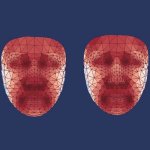
Measuring temperatures in different face regions could be used to earlier detect chronic illnesses, such as diabetes and hypertension. Researchers now show the potential of an AI-based approach.

Charcot-Marie-Tooth disease is often characterized by a duplication of the PMP22 gene. New research assessing the impact on developing Schwann cells could point the way ahead to future therapeutic interventions.

Metabolic disorders, renal failure, UTIs, sepsis, poisoning: The higher temperatures climb in summer, the more people are hospitalized, a study shows - with some groups being more at risk than others.

Researchers have developed a gel that breaks down alcohol in the GI tract without harming the body. In the future, people who take the gel could reduce the harmful and intoxicating effects of alcohol.

A team of researchers has discovered a new method of measuring levels of cortisol directly from a blood sample - a significant step forward in diagnosis and treatment of a wide range of diseases.
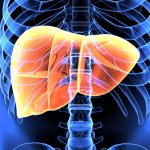
Research reveals how a new mechanism could improve the efficiency of current treatments for diabetes. This may open up new ways of approaching metabolic diseases that are a global health problem.

Drinking more than three liters of fluid per day may be a harmless habit – or a warning sign for a rare hormone deficiency. Swiss researchers investigated tests to differentiate between the two.
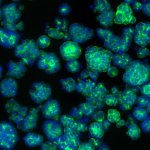
University of Basel scientists have discovered that high levels of the amino acid arginine drive metabolic reprogramming to promote tumor growth. This could lead to improved liver cancer treatment.
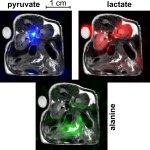
A new imaging method devised by German researchers offers a fast and cost-effective way to observe abnormal metabolic processes live in the MRI scanner.

Ongoing research at the University of Roehampton, UK has identified the upper critical temperature (UCT) for humans - and why our bodies cannot handle more heat.
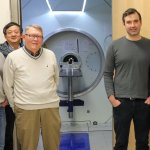
US researchers have developed a way to use MRI scanning to map body cell metabolism, opening up new possibilities for detecting cancers and revealing if a tumor is responding to treatment.

Exposure to a mixture of chemicals called PFAS - also known as 'forever chemicals' - leads to alterations in biological processes associated with a broad range of diseases, a new study finds.
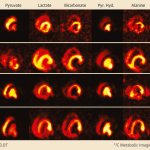
Swiss researchers developed a new MRI method to visualise metabolic processes in the body. Their objective is to improve the future diagnosis and treatment of heart disease.

Overweight increases the risk of an imbalance in sugar metabolism and even diabetes – but the opposite is also true: insulin production deficits contribute to overweight, a new study shows.

Older people with hypothyroidism, also called underactive thyroid, may be at increased risk of developing dementia.